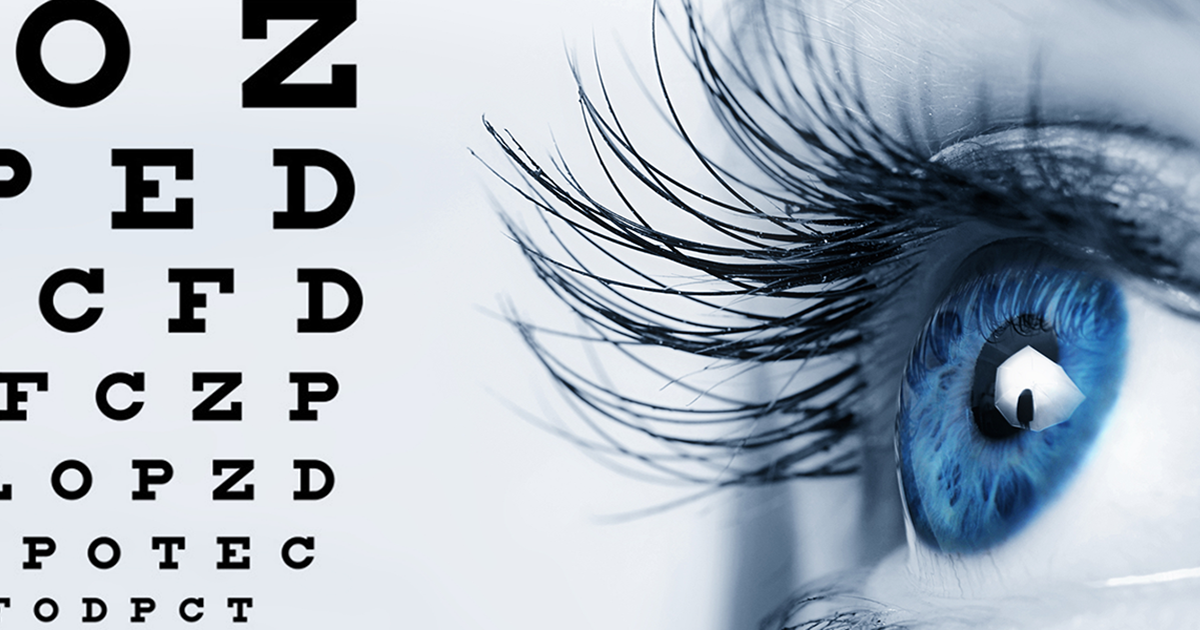Discover the Best Glaucoma Service Near Me: Expert Eye Treatment Solutions
Discover the Best Glaucoma Service Near Me: Expert Eye Treatment Solutions
Blog Article
Recognizing the Different Eye Conditions Dealt With by Specialized Eye Treatment Professionals
In the realm of eye treatment, specialized specialists play an important role in diagnosing and dealing with a large selection of eye problems. From typical refractive errors that affect vision quality to age-related problems that position difficulties as we get older, the expertise of these professionals reaches handling vision-threatening conditions and elaborate corneal conditions. The intricacies of neurological eye conditions existing special difficulties that require specialized care. As we begin on this expedition of the different eye conditions attended to by specialized eye treatment specialists, it becomes noticeable that the complex web of ocular health and wellness holds a myriad of remarkable insights waiting to be uncovered.
Typical Refractive Mistakes
Refractive mistakes prevail aesthetic conditions triggered by an imperfection in the eye's capacity to correctly concentrate light, leading to obscured vision. The most prevalent sorts of refractive errors consist of nearsightedness (nearsightedness), hyperopia (farsightedness), astigmatism, and presbyopia. Nearsightedness takes place when the eyeball is also long or the cornea is as well bent, triggering remote objects to show up fuzzy. Hyperopia, on the other hand, occurs when the eyeball is as well brief or the cornea is as well flat, causing close-by things being out of emphasis. Astigmatism is characterized by an irregularly shaped cornea, causing altered or blurred vision in any way distances. Presbyopia is an age-related condition where the lens sheds its adaptability, making it difficult to concentrate on close things.
These refractive mistakes can be corrected through different techniques, consisting of glasses, call lenses, or refractive surgery. Eye care specialists play a crucial function in detecting and handling refractive errors to help people attain more clear vision and boost their lifestyle.
Age-Related Eye Problems
As people age, their eyes may be vulnerable to a range of conditions beyond refractive mistakes that can impact their vision and total ocular health. Age-related eye problems prevail and can substantially affect the quality of life for older adults. One of one of the most prevalent age-related eye problems is age-related macular deterioration (AMD), a disease that triggers main vision loss and can make tasks like analysis and driving difficult. refractive surgeries in al. Cataracts, another common condition among older individuals, create clouding of the eye's natural lens, causing blurred vision. Glaucoma, defined by damages to the optic nerve, is additionally much more widespread with age and can lead to outer vision loss or blindness if left without treatment. In addition, presbyopia, a condition where the eye's lens sheds flexibility, is a natural component of aging and leads to difficulty concentrating on close things. Routine eye exams with specialized eye care professionals are essential for early discovery and monitoring of these age-related eye conditions to preserve vision and preserve ocular health and wellness as people age.
Vision-Threatening Conditions
Vision-threatening diseases include a variety of severe ocular problems that have the potential to dramatically impact an individual's eyesight and general aesthetic feature. These illness position a risk of permanent vision loss if not without delay detected and dealt with by specialized eye treatment specialists. Some typical vision-threatening conditions consist of glaucoma, diabetic retinopathy, age-related macular deterioration (AMD), and retinal detachment.
Glaucoma is a team of eye conditions that damage the optic nerve, usually because of high intraocular stress, causing field of vision loss and potential loss of sight if left without treatment. Diabetic retinopathy is a complication of diabetic issues that impacts blood vessels in the retina, triggering vision impairment or blindness. AMD is a dynamic condition affecting the macula, leading to main vision loss. Retinal detachment occurs when the retina separates from its underlying tissue, causing abrupt vision loss that calls for prompt clinical attention (refractive surgeries in al).
Early detection, regular eye exams, and prompt treatment are vital in handling vision-threatening conditions to preserve vision and preserve lifestyle. Specialized eye treatment specialists play an essential role in diagnosing, dealing with, and taking care of these conditions to stop irreversible vision loss.

Corneal Problems
Corneal disorders include a range of problems that affect the transparent front component of the eye, understood as the cornea. These conditions can cause pain, visual disruptions, and in severe instances, vision loss. One typical corneal condition is keratoconus, where the cornea thins and protrudes external right into a cone form, triggering astigmatism and obscured vision. Corneal dystrophies, such as Fuchs' dystrophy, cause steady vision loss due to unusual deposits in the cornea. Corneal abrasions, usually brought on by injury or international things, can bring about discomfort, inflammation, and level of sensitivity to light. In addition, infections like keratitis can irritate the cornea, possibly resulting in scarring and vision impairment otherwise promptly dealt with. Therapy for corneal problems differs relying on the details condition but may consist of drugs, get in touch with you can try these out lenses, or in severe cases, corneal transplants. Routine eye examinations are vital for very early discovery and administration of corneal conditions to preserve vision and eye wellness.
Neurological Eye Conditions
Neurological eye problems involve problems that affect the link between the eyes and the brain, influencing visual handling and overall eye feature. These conditions can materialize in numerous ways, influencing vision, eye movements, and also the coordination between the eyes. One usual neurological eye condition is optic neuritis, defined by swelling of the optic nerve resulting in vision loss, shade desaturation, and discomfort with eye activity.
One more significant condition is nystagmus, where the eyes make repeated, uncontrolled activities, affecting aesthetic skill and deepness perception. Furthermore, conditions like amblyopia, commonly described as their website "lazy eye," result from irregular aesthetic development in early youth, bring about reduced vision in one eye.
Neurological eye conditions need customized treatment from professionals like neuro-ophthalmologists who have competence in both neurology and ophthalmology. Medical diagnosis often involves a detailed eye assessment, imaging researches, and collaboration with neurologists to deal with the underlying neurological problems impacting the aesthetic system. Therapy techniques can include medication, vision treatment, or in extreme situations, surgical treatments to take care of these complicated conditions successfully.

Conclusion
Finally, specialized eye care experts deal with a wide variety of eye conditions, consisting of usual refractive mistakes, age-related eye conditions, vision-threatening illness, corneal problems, and neurological eye conditions - refractive surgeries in al. By comprehending these numerous problems and seeking appropriate treatment from eye care specialists, individuals can preserve optimum eye health and vision. It Get the facts is necessary to focus on normal eye exams and adhere to advised therapy strategies to preserve and safeguard one's vision for the future
Report this page